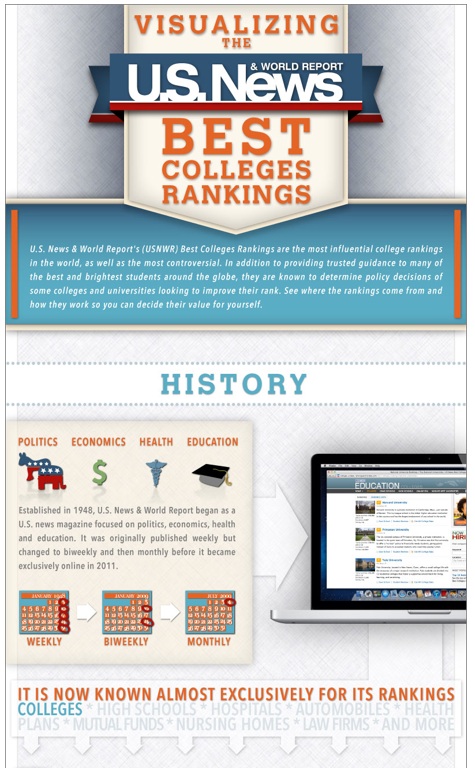Going away to college is exciting for students everywhere, yet many find themselves plagued by feelings of homesickness long after settling into their new dorm room. This is a perfectly natural feeling. After becoming accustomed to one set of surroundings for so long, it can be difficult to adjust to a whole new environment. If you find yourself missing home day after day, one of the best things you can do is try to make your dorm feel more like home. A bit of creativity and some clever decorating can make your dorm feel much more comfortable and help to ease your homesickness.

Personalize your surroundings
College dorm rooms are not designed to feel like home. In fact, they are often purposefully bland and unassuming so as to be as palatable as possible. Think of your dorm room as a blank canvas. Look around and you’re most likely faced by white walls, utilitarian furniture, and perhaps a minimalist kitchen. Not particularly inspiring, is it? However, adding a few personal touches to your dorm room’s bland decor can easily turn your dwelling into a much more comforting and inviting space.
Start with your walls
Unadorned walls can be terribly bleak and disquieting, especially at times when you are missing home. Remember, however, that your dorm room walls are bare for a reason–they are meant to be filled. Cover your walls with art, posters, or your favorite photos of family and friends. You may not be able to bring your favorite people and places with you to college, but you can fill your living space with warm reminders of them to make yourself feel more at home. If you have any favorite wall hangings at home, bring them with you. Nothing helps to make you feel more at home than a piece of your old room hanging on the wall of your new one.
Turn your bed into a sanctuary
Sleep is more critical than ever when you’re in college, and an uncomfortable bed could be standing in between you and your nightly rest. Whether you’re laying down for a night of shut-eye or just lounging around the room, it always helps to have a bed that welcomes you. Bring your favorite covers and pillowcases from home, and spring for a comfortable foam mattress cover if you need some extra cushioning. A comfortable bed will help you feel well-rested and refreshed every day, and that is very important for keeping your spirits high.
Use your decorating sense
Think of other creative ways to make your room more welcoming. Throw down an area rug next to your bed so that you don’t have to put your feet down on a cold, hard floor every morning. Set up lamps to give yourself a comfortable and soothing level of light in your room. Think about home decoration trends in your home town. Remember your favorite trends for home remodeling in St Louis, or whatever your home town may be, and apply them to your dorm room space. You don’t have to feel like an outsider during your college years, and if you make your dorm room comfortable, you’ll always feel at home.









